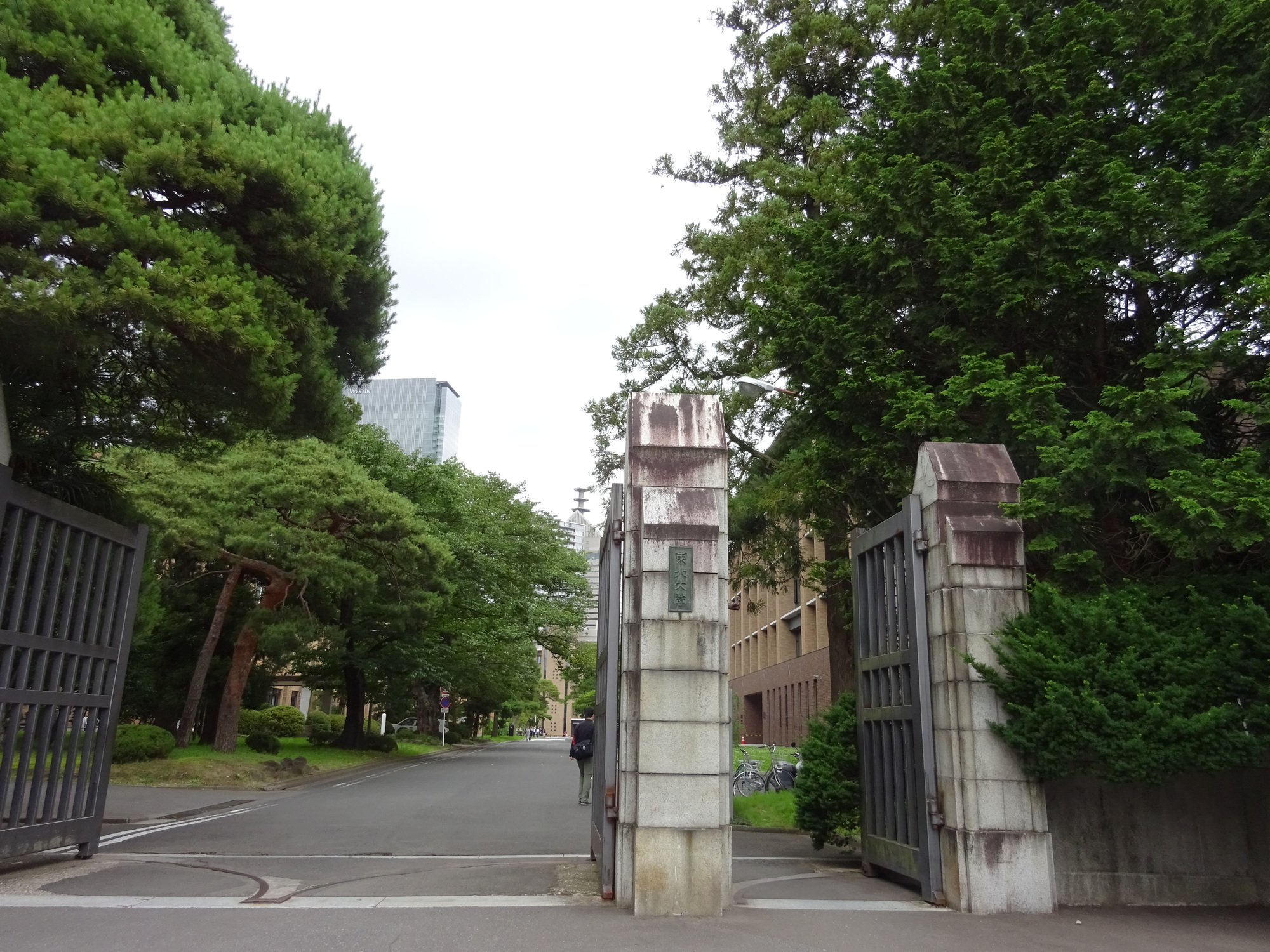A research group led by Professor Atsushi Higashiya of Tohoku University's graduate school has revealed that nematodes, which are model organisms grown in a space zero gravity environment, have reduced dopamine levels and diminished athletic performance.It is expected to give great implications for the maintenance of human health during long-term stays in space.
In the weightless environment of the universe, bones and muscles rapidly atrophy because they do not need the power to support the body.The research group has conducted multiple space experiments using the nematode C. elegans, which is a model organism, through international joint research.As a result, it was observed that muscle proteins and mitochondrial metabolic enzymes of individuals that grew from larvae to adults under the zero gravity of the universe decreased and their motor ability decreased, but the cause was unknown.
When the research group reexamined the results of the space experiment, it was found that the expression of the enzyme gene that decomposes dopamine was decreased in zero gravity.Therefore, in 2018, we plan a joint space experiment with a British researcher.When the amount of endogenous dopamine of nematodes grown under space weightlessness was measured, the amount of dopamine was significantly reduced under zero gravity.
The research group also investigated why dopamine levels decrease when grown in a weightless environment.An experiment was conducted in a pseudo-micro-gravity environment on the ground by adding small plastic beads to the culture bag and increasing the physical contact stimulus to the nematodes.As a result, the decrease in the amount of dopamine in the nematodes and the decrease in motility were recovered.
As a result, in weightlessness, the input of physical contact stimuli is significantly reduced due to chronic floating state, and the amount of dopamine involved in motor regulation is reduced, resulting in chronic loss of motivation for exercise, and finally athletic ability. It became clear that it leads to weakening of muscle strength.
The results are expected to help maintain the health of astronauts and improve healthy life expectancy in a super-aging society.
Paper information:[IScience] Loss of physical contact in space alters the dopamine system in C. elegans

